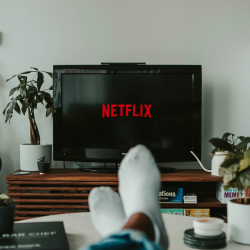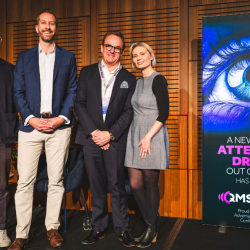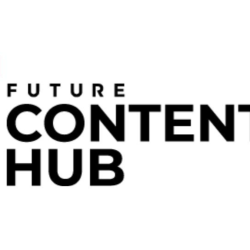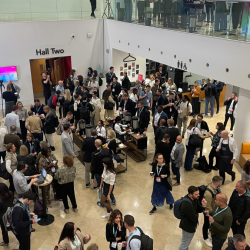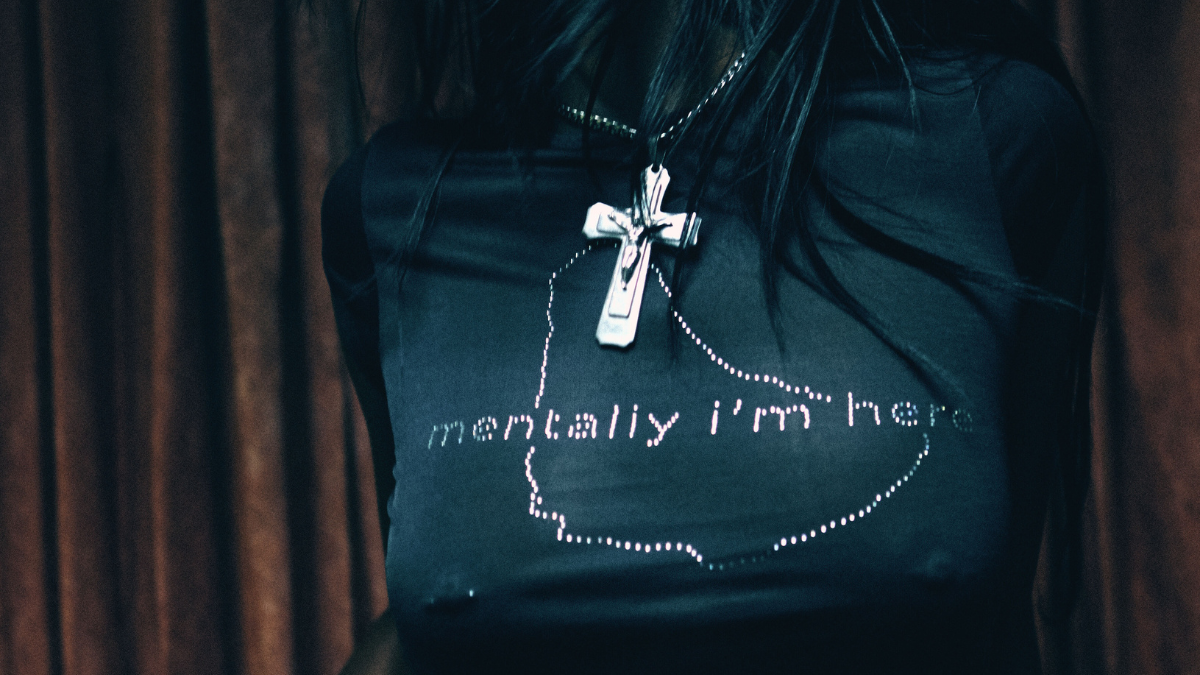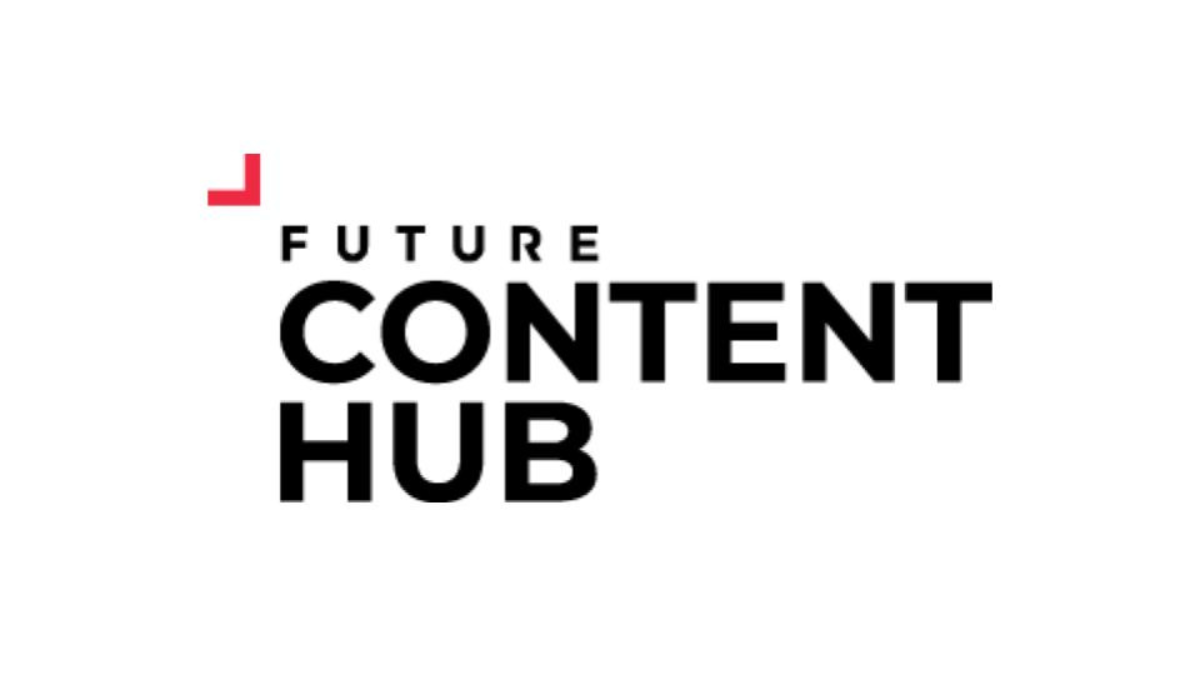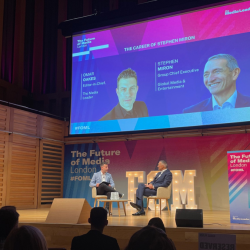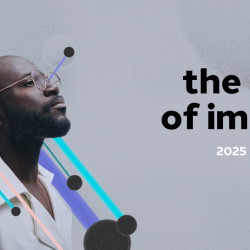Alongside industry rhetoric on the post-covid demise of podcasts, dubbing 2022, 2023 and 2024 as the year the podcast bubble burst, a recent viral video by popular fitness social media personality James Smith exposed some of our favourite hosts and their not so altruistic intentions, reminding us all that the business of podcasting is, after all, a business. The video ‘The Downfall of Modern Podcasts’ raises discussion on several themes from transparency to factual integrity, monetisation to echo chambers. Comments reverberate with audiences displaying their disappointment in the amount of conflicting information and the drive to maximise profits.
From Diary of a CEO to Modern Wisdom, Andrew Huberman to Lex Fridman, our favourite hosts are on the firing line for not just their content, but their business dealings inviting the question on whether content always becomes compromised when scaling audiences.
Humble beginnings
Podcasting started off as ‘audio blogging’ in the late ’90s, 2005 being a pivotal moment with the launch of Odeo and iTunes podcasts. Politicians and comedians explored this form of communication with ‘The Ricky Gervais Show’ breaking the Guinness World Record for 60 million total downloads. However, like many other forms of media, it was to fall before rising again. As podcasting finds its rhythm, authenticity was crucial to its success.
The launch of shows like Serial, with engaging narrative, made podcasts trendy and public radio take notice in 2014.
The same year Apple began to embed its podcast app on iPhone, allowing users to have direct access by a simple touch on the screen. In-stream advertising took the form of host endorsements, perceived as personal and genuine and simple enough to execute by the host.
Brands get in on the action, of course
‘Everyone has been saying anyone can be a publisher, anyone can be broadcast’ states Christopher Lydon on an ‘Audible revolution’ feature in 2004. As predicted, podcasts became more democratised and continued to expand, from friends on a couch to established media entities, radio, and public personalities jumping on.
Big companies looked to podcasts as a medium for monetisation, whether you were on the side of content creation, platform or advertiser.
Banter podcasts such as The Joe Rogan Experience, Call Her Daddy and The Armchair Expert resonated well with modern audiences, due to the chemistry, breadth of subject matters and a refreshing take on the messiness of being human.
Alongside this, monetisation also expanded to models such as sponsorships, donations, in-direct sales and more recently, subscriptions. Brands and hosts became more creative, playing with dynamic sonic capabilities and audio ad tech and narrative integrations.
For podcasters, revenue and the bottom line matters, but keeping audiences engaged matters more.
The optimised self
As we head into the late 2010s #metoo, mental health, rise in wellness, turbulence of climate change are in full flow — shaping our conversations and consumption habits in some form or another. Further compounded by Covid-19 as a major inflection point, audiences seek content that offer more value; whether it’s improving relationships with Esther Perel, or learnings in life from guests on Louis Theroux’s Grounded.
Younger listeners seem more eager to learn and improve themselves (and the world) than go out drinking.
Brands dive in with bigger investment on podcasts, starting their own shows with a line-up of the industry’s best… Chanel Connects provides a behind-the-scenes approach to a world inaccessible to many, Trained from Nike revolves around five facets of training: movement, recovery, sleep, nutrition and mindset. The Heinz Black Kitchen podcast is a fresh take on an audio series, going deeper into modern Black cuisine, with each episode featuring illustrations by Black femme artists, viewable on YouTube.
Video has been instrumental to the success of podcasting, and vice versa. Dynamic content, featuring gutsy entrepreneurs to esteemed scientists, proliferates across channels like TikTok and Instagram. The Joe Rogan Experience #1169 with Elon Musk smoking weed gained 68 million views, and continues to draw eyeballs. It would be difficult to build a podcast today that neglects video.
The future is… more experimental?
In 2023 we had more podcasts than ever before, with YouGov listing it as one of the biggest growth opportunities in media. This issue, however, lies in the ability of the channel to sustain itself, with many waning or falling by the wayside after one series. Podcasting is no easy business.
As the podcast race begins to cool the number of Brits listening to podcasts still hold strong, doubling in audiences (those listening for more than 6 hours a week) from 2019-2023.
The ability of podcasts to embed across daily life — from commuting to workouts, walking to cleaning — has certainly helped its sustained growth, underscoring its role in enabling personal progress.
Looking forward, what poses the most interesting developments for podcasting lies in the innovation and adoption of other media that support the use of audio-led content. Platforms like Discord, Twitch and Clubhouse (successful or not) and the rise of audiobooks demonstrate the ongoing appetite from demand and supply side for audio, of which all contribute, some way or other, to the success of podcasts.
As an established audio medium, we will continue exploring new interfaces and experiences that traverse the traditional listening format whilst retaining the essence of connection and value exchange.
Featured image: George Milton / Pexels


